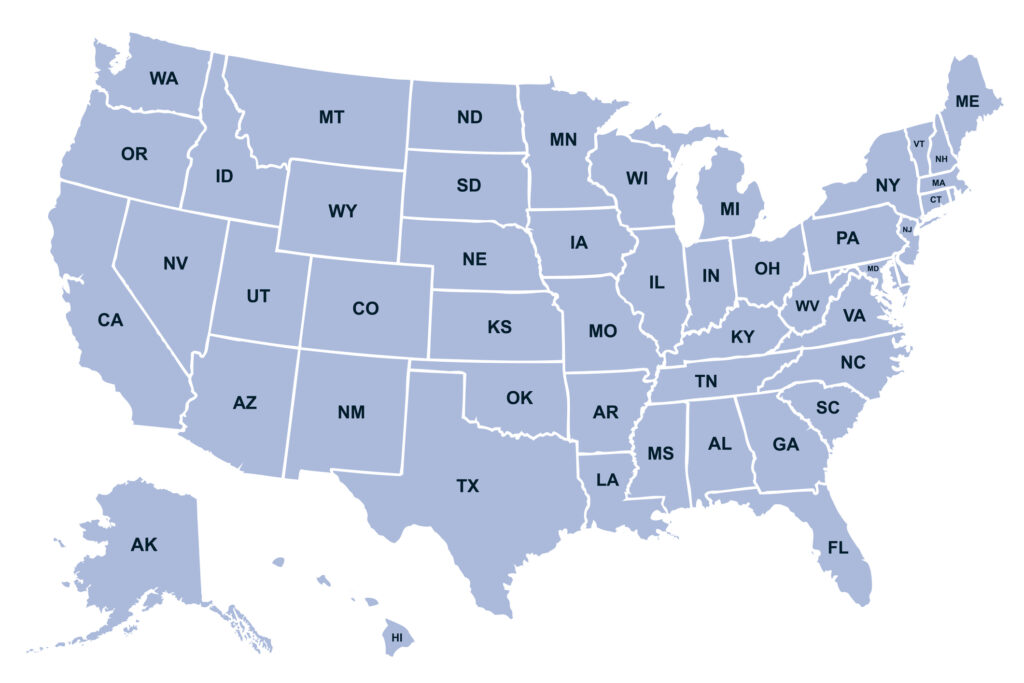Racial Equity Dataset: A Searchable Collection of Laws Related to Racial Equity
In the wake of the renewed racial justice movement in 2020 and the COVID-19 pandemic, jurisdictions across the country enacted laws to address health disparities and advance racial equity – as well as laws that may impede these goals. The Network identified many of these laws based on keyword searches in bills proposed in the 2021 and 2022 legislative cycles in all 50 U.S states. Features of the laws that were enacted, and that were still in effect on December 31, 2022, were compiled into a cohesive dataset to provide insight into the outcomes of those legislative sessions.
Legislation identified, though not exhaustive, provides a bird’s eye view and a peek into relevant legal trends across the country. These laws are organized into categories of the social determinants of health (healthcare, education, built environment, social and community context, and economic stability) along with subcategories for each. Separate categories were also added, for example, for laws that reference implicit bias and/or cultural competency/sensitivity training and laws that created a taskforce, committee, workgroup, or similar entity.
The dataset includes only enacted state legislation and does not include case law, executive orders, or other legal authority. Researchers collected, coded, and analyzed these state laws without regard to sector or industry associated with the law (i.e. laws were included that relate to everything from criminal justice to education).

Points of Interest
One point of interest relates to legislation enacted by numerous states in 2021 and 2022 targeting curriculum that promotes racial equity, while, during the same period, other states enacted education laws that may hinder such progress.
- Massachusetts enacted legislation requiring curriculum on the subject of genocide for all middle and high school students.
- Washington now requires health equity as a subject for students at the state school of medicine.
- North Dakota, legislation was enacted prohibiting instruction in a school district or public school on what was defined as “critical race theory.”
- Tennessee law prohibits conducting mandatory training of students or employees in higher education on so-called “divisive concepts,” which includes the concept that “[a] meritocracy is inherently racist or sexist or designed by a particular race or sex to oppress another race or sex.”
Other states enacted laws during these legislative cycles that prohibit education or training on either what has been termed “divisive concepts” or with similar language, including:

Spotlight

2021-2022 Racial Equity Dataset: A Searchable Collection of Laws Related to Racial Equity

What States Can Do to Fill the Gap in Health Care Access for Immigrant Communities

The Power of Race Neutrality to Create a Just Society
Learn More
A Closer Look at the Racial Equity Dataset
Explore Topics
Related Health Equity Resources
How we can help
Legal Research and Assistance
Experienced legal experts are available to answer questions and provide research, analysis and guidance. Tell us what you’re working on. We’re ready to help.




